86-592-5659128 (to8016)
anna@xmydx.com86-592-5659128 (to8016)
anna@xmydx.com
2025-01-10 17:04:36
Is Silicone Safe for Electricity? A Comprehensive Guide
Silicone, also known as silicone rubber, is widely used in various industries, including electrical applications. But is it safe for electricity? Let’s dive into the science behind silicone and its suitability for electrical use.
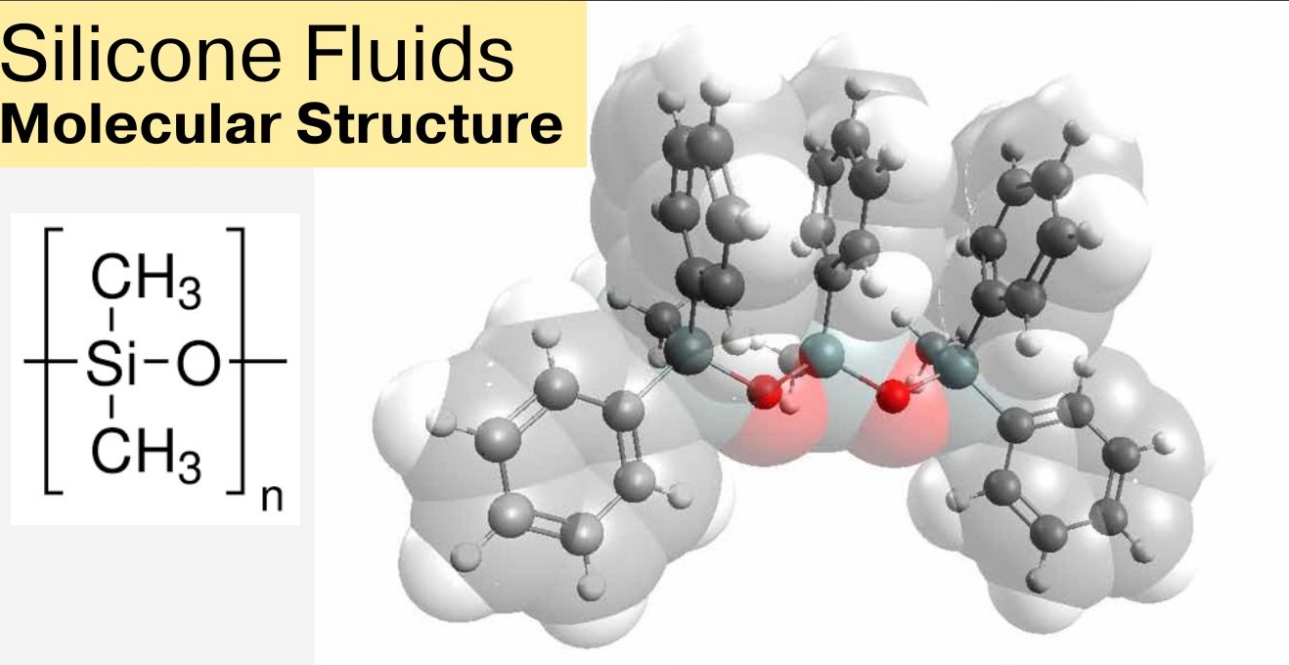
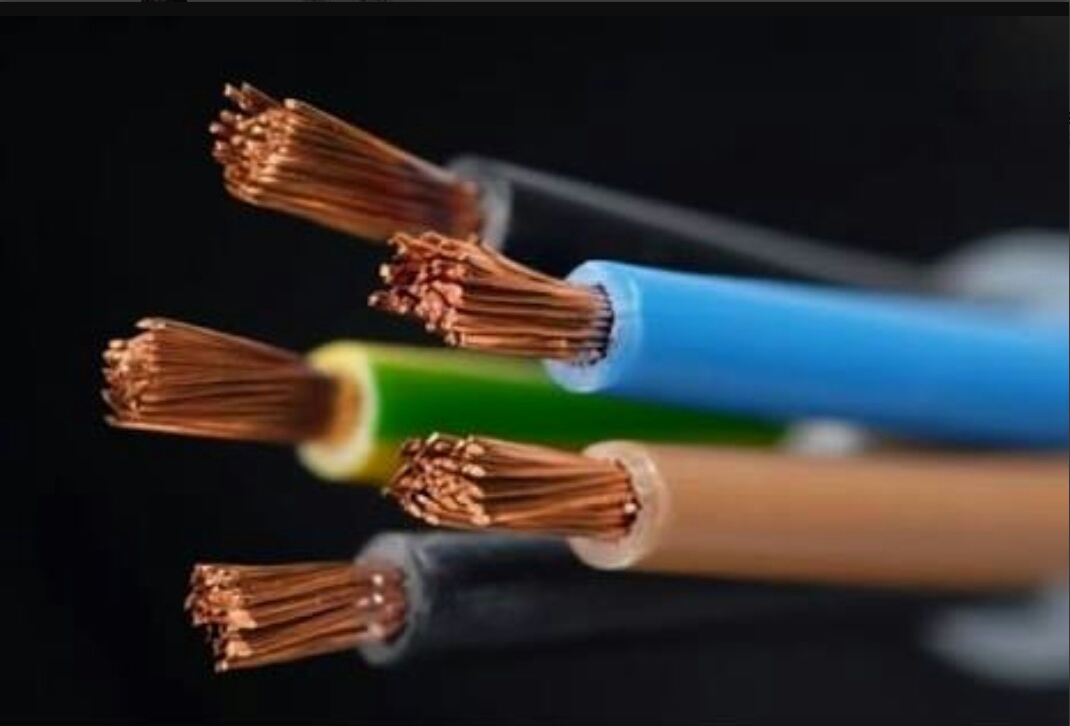
Excellent Insulation Properties
Silicone provides high electrical insulation, preventing short circuits and leakage, making it ideal for cables, circuit boards, and electronic devices.
Heat and Chemical Resistance
Silicone can withstand temperatures ranging from -40°C to 200°C and resist corrosion, making it suitable for harsh electrical environments.
Flexibility and Sealing Efficiency
Its flexibility allows silicone to adapt to various shapes in electrical components, while its sealing properties protect devices from dust, moisture, and other contaminants.
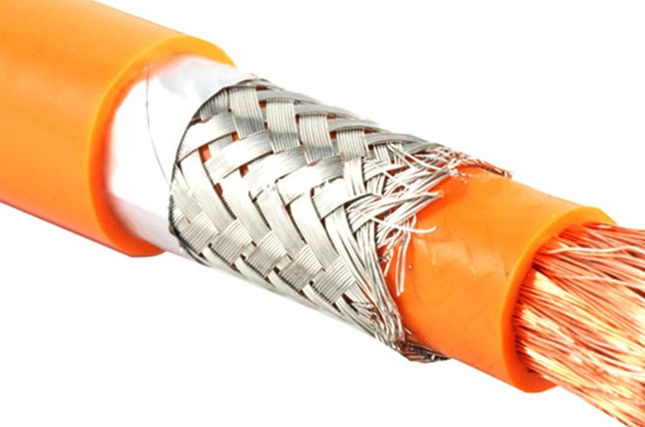
While silicone is generally safe for electrical applications, here are some key considerations:
Choose the Right Type of Silicone
Some silicones are specifically designed for electrical insulation with higher voltage tolerance. Always select the appropriate type based on your application.
Avoid Extreme Conditions
Though silicone is heat-resistant, excessive temperatures or exposure to strong acids/alkalis may degrade its performance. Assess its suitability for extreme environments.
Regular Inspection and Maintenance
Over time, silicone components may wear or age. Regular checks ensure their insulation and safety properties remain intact.
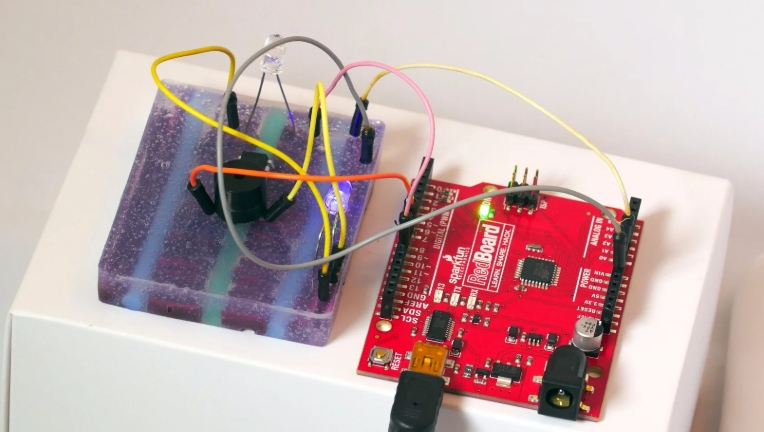
Cable Insulation
Silicone is often used as an insulation layer in cables to protect them from external damage.
Electronic Component Sealing
In electronics, silicone seals connectors, sockets, and other parts to prevent contaminants from entering.
Circuit Board Protection
Silicone coatings on circuit boards protect them from high temperatures and moisture, ensuring long-term durability.
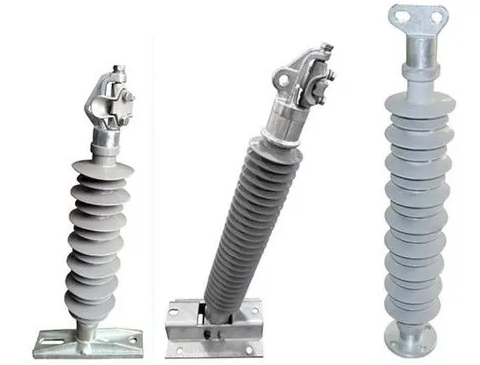
In summary, silicone is generally safe for electrical applications, thanks to its excellent insulation, heat resistance, and versatility. However, using the right type and maintaining silicone components is crucial for long-term safety and performance.
When using silicone in electrical devices, always follow manufacturer guidelines and consult professionals if needed. For more scientific insights on silicone in electrical applications, refer to industry standards or expert advice.
© 2016 XIAMEN YIDEXIN SILICONE RUBBER INDUSTRIAL CO.,LTD All Rights Reserved dyyseo.com
Online Contact
 86-592-5659128 (to8016)
86-592-5659128 (to8016) anna@xmydx.com
anna@xmydx.com sallyliao1985
sallyliao1985 xmydx02
xmydx02 +86-13606037597
+86-13606037597top